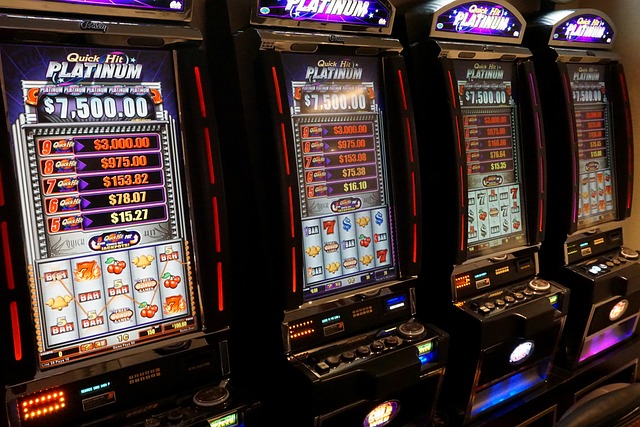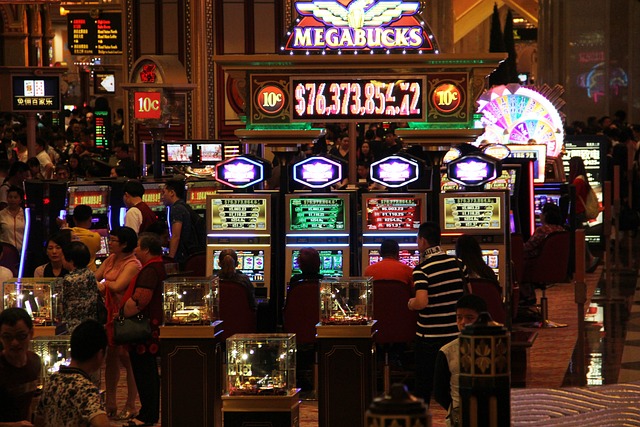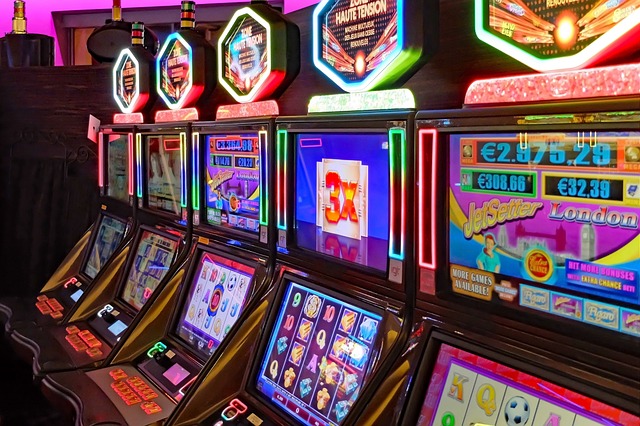Slot machines have long been surrounded by mystery and misinformation. From land-based casinos to online platforms, players often believe myths that simply aren’t true. These misconceptions can shape how people play, how much they bet, and what they expect from the game. In reality, slot machines operate on principles of mathematics and computer science, not superstition or luck manipulation. In this post, we’ll break down the most widespread myths about slot machines and explain the real mechanics behind the spinning reels.
Myth 1: “The Machine Is Due for a Win”
One of the most persistent myths is the idea that a slot machine is “hot” or “cold,” or that it’s “due” for a big payout after a long losing streak. This belief is based on the gambler’s fallacy—the assumption that past outcomes influence future results in a random system.
In truth, every spin on a modern slot machine is independent and random, thanks to a built-in Random Number Generator (RNG). The machine doesn’t “remember” previous outcomes, so the odds remain the same whether you’re on your first spin or your hundredth.
Myth 2: “Higher Bets Increase Your Chances of Winning”
Another widespread belief is that betting more money improves your odds of hitting a jackpot. While some progressive jackpot machines may require a minimum bet to qualify for the top prize, most standard slots offer fixed odds per spin, regardless of bet size.
Betting higher does mean potential bigger payouts, but it doesn’t affect the probability of winning. If you’re playing responsibly, your bet size should align with your budget—not based on the hope of changing your luck.
Myth 3: “Casinos Control Slot Payouts in Real-Time”

Many players think casinos can remotely adjust payout rates to make machines tighter or looser based on crowd size, time of day, or how much a machine has paid out. This is not how licensed and regulated slot machines work.
RNG-based slots are independently tested and certified to ensure fairness. Changing a machine’s payout percentage typically requires software changes and re-certification. Any manipulation would be illegal in jurisdictions with proper oversight. In reputable casinos, the payout percentages are fixed and cannot be altered on the fly.
Myth 4: “Stopping the Reels at the Right Time Helps You Win”
Modern slot machines include a “stop” feature that allows players to manually halt the spinning reels. Many believe that stopping the reels at just the right moment can influence the result. However, this is purely a cosmetic feature—the outcome is already determined the instant you hit the “spin” button.
Stopping the reels early may speed up the game, but it doesn’t change the result. The animation is just for show; the real action takes place in the RNG milliseconds after you spin.
Myth 5: “New Machines Pay More to Attract Players”
Some players believe casinos set new slot machines to offer higher payouts initially, only to tighten them later once they’ve gained popularity. This idea has no basis in how slot software works.
Again, regulated casinos operate under strict compliance rules, and altering payout percentages isn’t something that happens casually or without oversight. New machines may feel looser simply due to random variance, not because they’re secretly programmed to entice players.
Myth 6: “Online Slots Are Rigged More Than Land-Based Ones”
A common suspicion is that online slots are more prone to manipulation than physical slot machines. In reality, both types are subject to the same kinds of RNG certification and licensing regulations.
Regulated online casinos work with third-party auditors to ensure fairness, just like land-based operations. In fact, online slots often have higher Return to Player (RTP) percentages than their physical counterparts due to lower overhead costs.
If you play at licensed, reputable online casinos, you’re just as safe—if not safer—than on the casino floor.
Myth 7: “Loyalty Cards Lower Your Chances”

Some players fear that using a loyalty or players’ card at a land-based casino affects the outcome of their spins. They think the machine pays less because the casino knows who they are and tracks their winnings.
This is false. Loyalty programs are separate from the slot’s RNG system and only track your betting activity for reward purposes. Whether or not you use a card has no effect on your odds of winning.
Myth 8: “Timing Your Play Boosts Winnings”
There’s a belief that playing at certain times—like late at night or on weekends—can improve your chances of winning. This myth is based on anecdotal experiences and flawed logic.
Slots do not adjust their payout frequency based on the time of day. Every spin is random and not influenced by external conditions. Time-based patterns may seem real due to coincidence, but they don’t stand up to statistical scrutiny.
Final Thoughts
Slot machine myths are rooted in emotion, superstition, and misunderstanding of how these games actually work. The reality is that slots are math-driven, RNG-based systems designed to offer random outcomes within a programmed return-to-player percentage. Believing in myths can lead to poor betting decisions, misplaced confidence, and disappointment.
The best approach is to play slots for entertainment, not as a way to beat the odds or “trick” the machine. By understanding how slot machines really function, you can make smarter, more informed decisions and enjoy the game for what it is—fun, fast-paced, and unpredictable.
